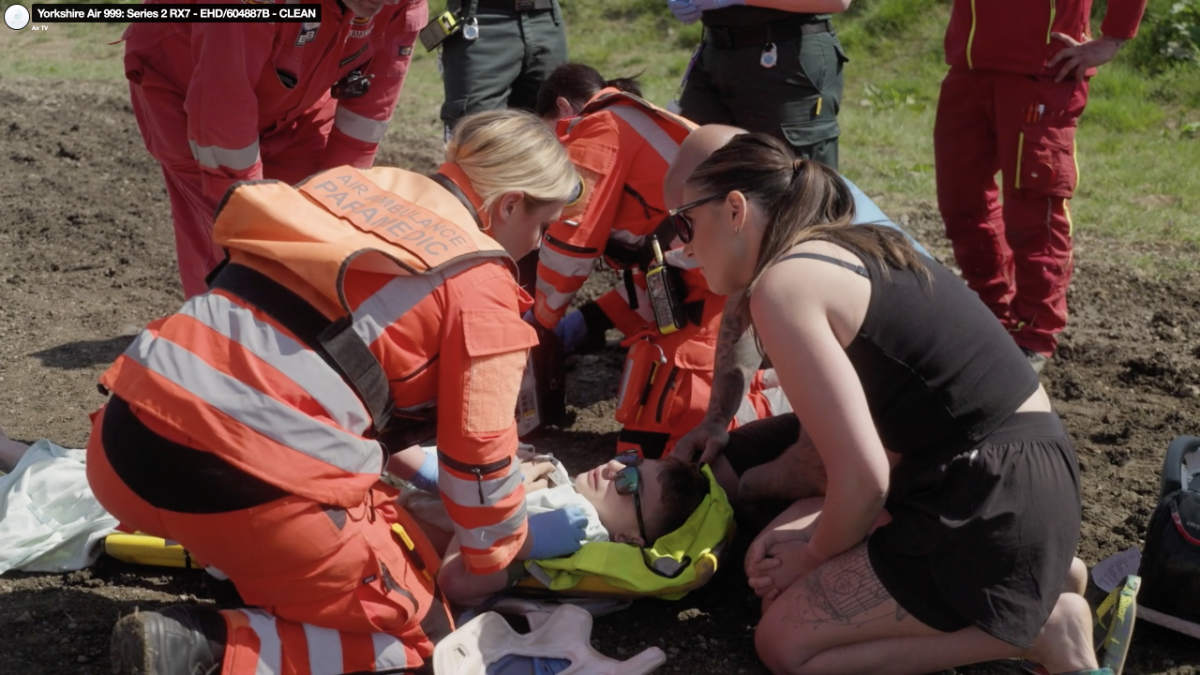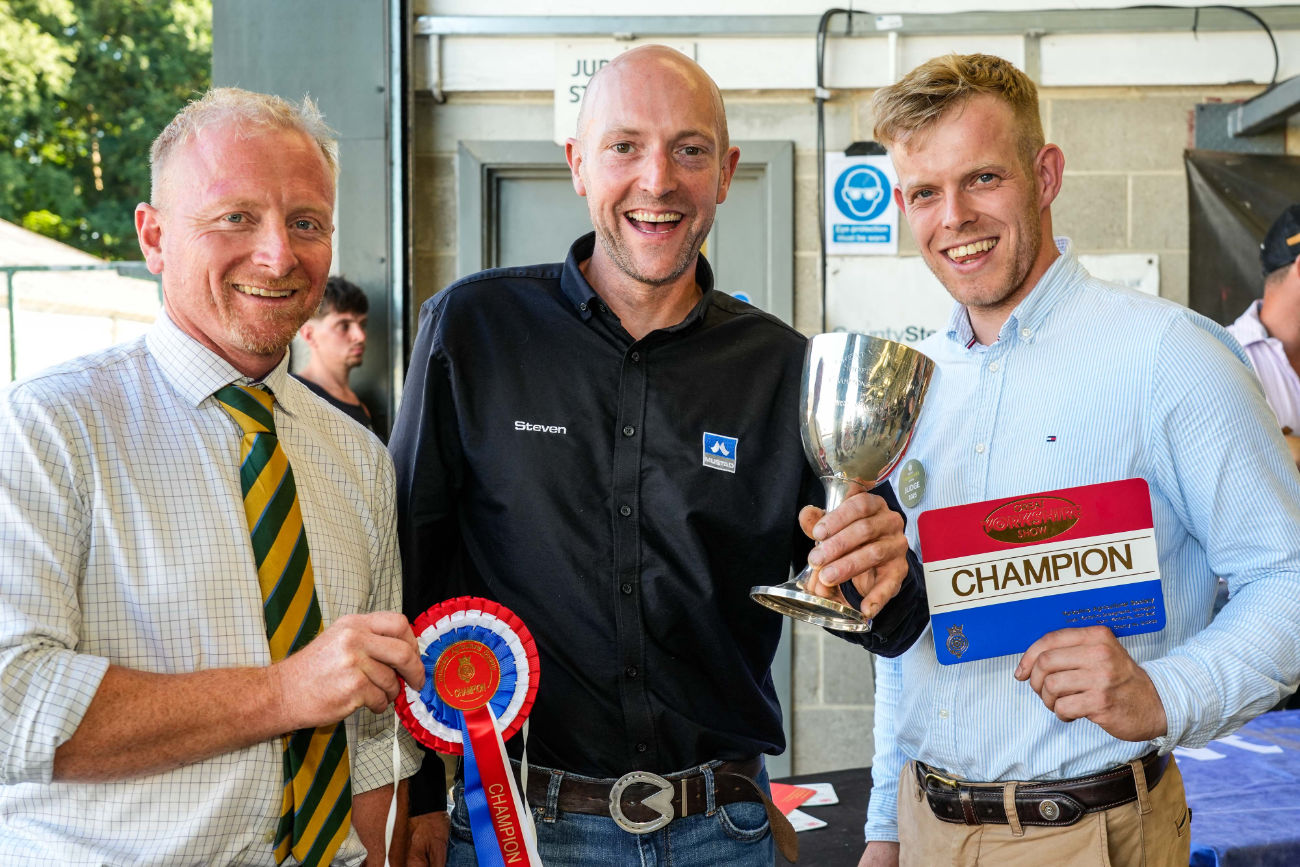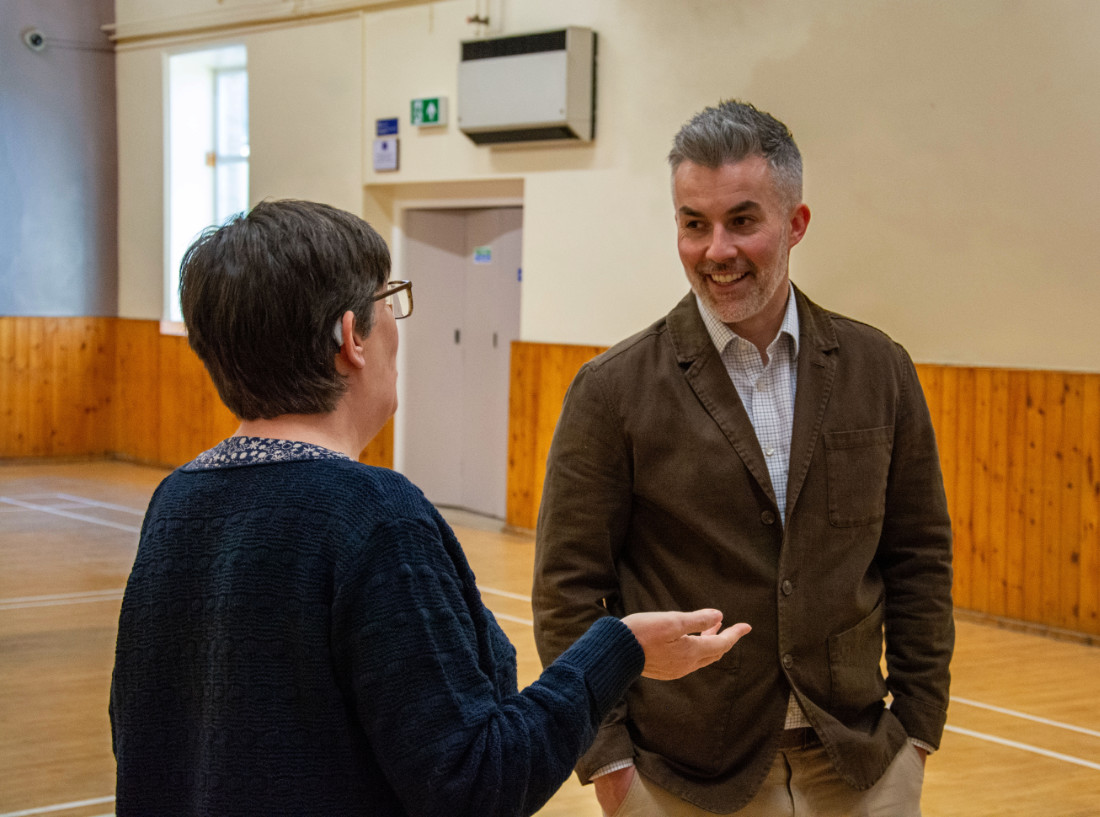 Save Our Surgery (SOS) has won its High Court challenge to the Joint Committee of Primary Care Trust (JCPCT)’s decision to remove children’s heart surgery services from Leeds.
Save Our Surgery (SOS) has won its High Court challenge to the Joint Committee of Primary Care Trust (JCPCT)’s decision to remove children’s heart surgery services from Leeds.
The ruling, handed down by the judge this morning, found that the JCPCT’s process and decision were unlawful.
Sharon Cheng of Save Our Surgery said:
This judgment finally confirms what we have always believed: that the Joint Committee of Primary Care Trusts’ review process and decision to remove children’s heart surgery services from Leeds was unlawful. Winning this case in the High Court proves once and for all that the supposed consultation was a rubber stamping exercise conducted with an outcome in mind, with clinicians, MPs and patients fooled into feeling they had influence.
This action was taken by parents and clinicians who simply could not stand by and watch a clear injustice being done. We are extremely pleased and relieved that the High Court has found in our favour.
This ruling supports our firm belief that patients’ needs should be at the forefront in determining where heart surgery services are located. It also supports our assertion that children’s heart surgery service provision must reflect today’s realities, not those of ten years ago.
As the culmination of two years’ of worry and campaigning, this will be welcomed by millions of members of the public and clinicians who spoke out to challenge the decision and express grave concerns.
We will now wait to understand the next steps in terms of what this decision means for the overall Safe and Sustainable Review and its implementation, along with the outcome of the Independent Reconfiguration Panel review requested by the Secretary of State for Health, which will be completed at the end of March. However, this judgment in itself is a victory for the people who fought to keep children’s heart surgery services in Yorkshire, and to challenge what they knew to be a flawed and unjust process.
Sir Neil McKay CB, Chair of the Joint Committee of Primary Care Trusts said:
I am very disappointed with the Court’s decision. The pressing need to reform children’s heart services is long overdue and experts have cautioned that further delay in achieving the necessary change would be a major set back in improving outcomes for children with heart disease.
The judgment focuses on a single matter of process, but the case for the reconfiguration of children’s heart surgical services remains strong. There is a rare consensus on the need for change right across the board – NHS staff, medical royal colleges, professional associations and national charities all support the case for fewer larger surgical centres, new national quality standards and stronger networks of care.
The consultation – which we undertook with an honest and open mind – was the largest carried out by the NHS and respondents were staunch in their support of the need for change. There is nothing in the Court’s judgment that supports the Claimant’s accusations that the consultation was a “rubber stamping” exercise. The judge in fact found that:
This was a comprehensive consultation, lasting a matter of months and prompting 77,000 responses. Thought and care was given to the consultation process both as to its content and implementation. When considered necessary, independent work or advice was commissioned; professional groupings provided advice when requested. Those responsible for, and involved in, the setting up and implementation of this process aimed to provide one which was informed, detailed and transparent”.
This case has focused on a narrow technical point relating to whether 450 sub-scores generated by the Kennedy panel should have been available to respondents to consultation. The Joint Committee of PCTs itself chose not to examine the sub-scores as it did not believe that it had either the expertise or the evidence to second-guess the panel’s conclusions. For the same reason the sub-scores would not have assisted respondents to consultation. Respondents were provided swathes of documentary evidence to consider during consultation, including a detailed 155 page narrative report prepared by the panel.
The panel members agreed their scores after a rigorous on site assessment of the surgical units. I believe that most respondents – of whom there were around 77,000 – would have been very surprised had the JCPCT chosen to substitute its own scores for those of the independent panel, which is in essence the foundation of the Claimant’s case.
We do not yet know what the Court will decide in terms of next steps. We are making representations to the Court that it should not quash the decision in its entirety as the Claimant seeks. Once we have the Court’s judgment on this point we will strongly consider the possibility of appeal.
The Claimant wishes for the NHS to abandon its plans for the reconfiguration of children’s heart services against the express wishes of the vast majority of respondents to consultation. I never forget that the purpose of our work is saving lives and improving quality of life for children, and on behalf of the NHS I want to reassure families, patients and clinicians that we remain as determined as ever to reconfigure services for children with congenital heart disease in the interests of better outcomes and a more safe and sustainable service for children and their families.






